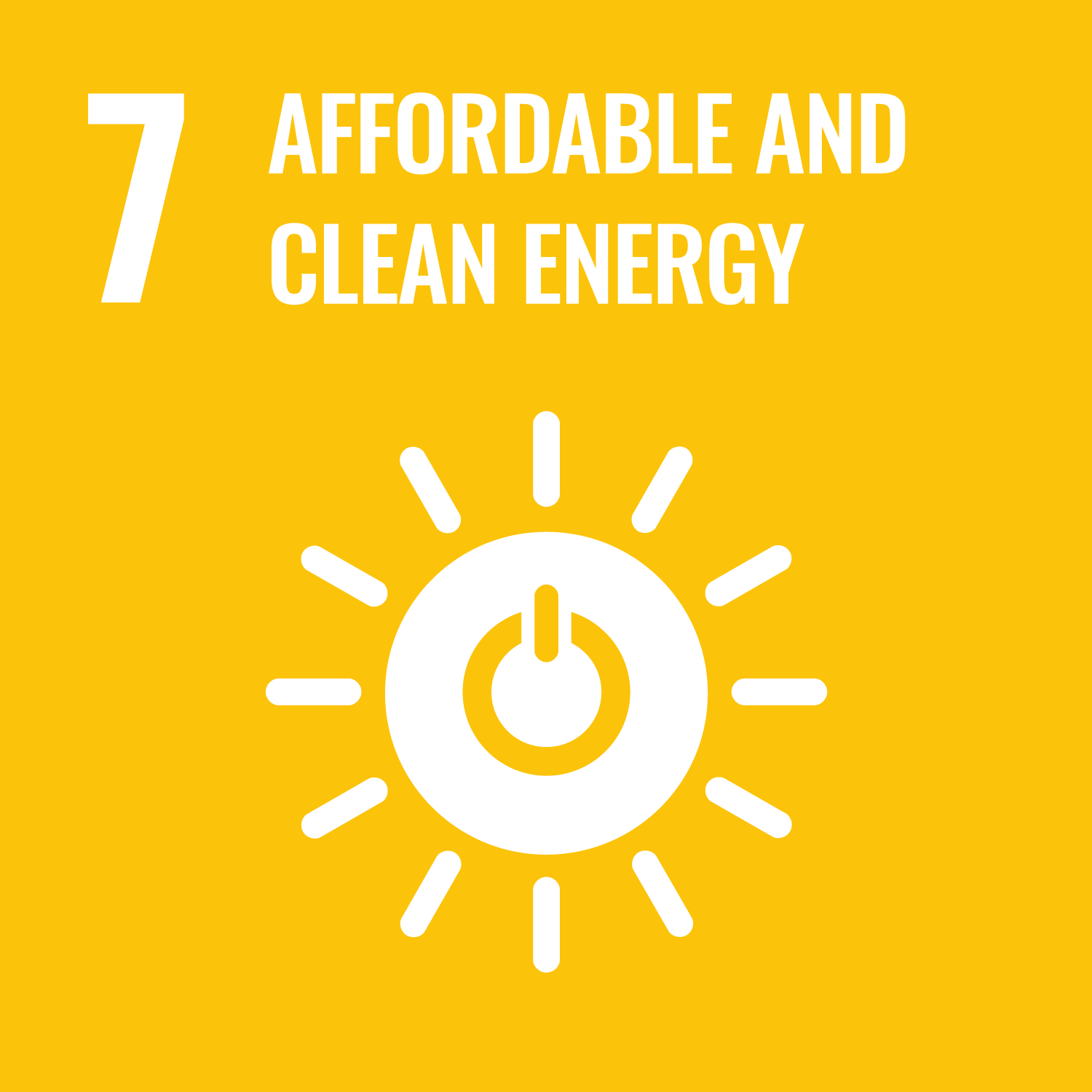ORCID
- Jessica Guichard: 0009-0009-4166-5299
- Deborah Greaves: 0000-0003-3906-9630
- Robert Rawlinson-Smith: 0000-0001-5830-7054
Abstract
Eight scenarios where high efficiency reversible solid oxide cells (rSOC) are combined with an offshore wind farm are identified. Thanks to the PyPSA power system modelling tool combined with a sensitivity study, optimized rSOC system capacities, hydrogen storage capacities, and subsea cable connection capacities are investigated under various combinations of rSOC system capital cost, prices paid for hydrogen, and electricity prices, which give indications on the most profitable scenario for offshore hydrogen production from a 600 MW wind farm situated 60 km from shore. Low electricity prices (yearly average 45 £/MWh) combined with mild fluctuations (standard deviation 6 or 13 £/MWh) call for dedicated hydrogen production when the hydrogen price exceeds 4 £/kg. High electricity prices (yearly average 118 or 204 £/MWh), combined with extreme fluctuations (standard deviation between 73 and 110 £/MWh), make a reversible system economically profitable. The amount of hydrogen which is recommended to be reconverted into electricity depends on the price paid for hydrogen. Comparison of the optimized cases to the default case of a wind farm without hydrogen production improved profit by at least 3% and up to 908%. Comparison to the default case of dedicated hydrogen production, showed that in the case of low hydrogen prices, an unprofitable scenario can be made profitable, and improvement of profit in the case of a profitable default case starts at 4% and reaches numbers as high as 324%.
DOI Link
Publication Date
2024-10-14
Publication Title
IET Renewable Power Generation
Volume
18
Issue
15
ISSN
1752-1416
Acceptance Date
2024-10-06
Deposit Date
2024-10-14
Funding
The research presented in this paper is part of the EPSRC-funded project on high efficiency reversible solid oxide cells (rSOC) for the integration of offshore renewable energy using hydrogen (EP/W003732/1).
Additional Links
Keywords
green hydrogen production, Offshore renewable energy integration, power generation economics, optimisation, power generation planning, renewable energy sources, power system simulation, decision making, offshore installations, hydrogen production, wind power plants, hydrogen storage
First Page
3091
Last Page
3111
Recommended Citation
Guichard, J., Greaves, D., & Rawlinson-Smith, R. (2024) 'Optimization of reversible solid oxide cell system capacity combined with an offshore wind farm for hydrogen production and energy storage using the PyPSA power system modelling tool', IET Renewable Power Generation, 18(15), pp. 3091-3111. Available at: 10.1049/rpg2.13134


